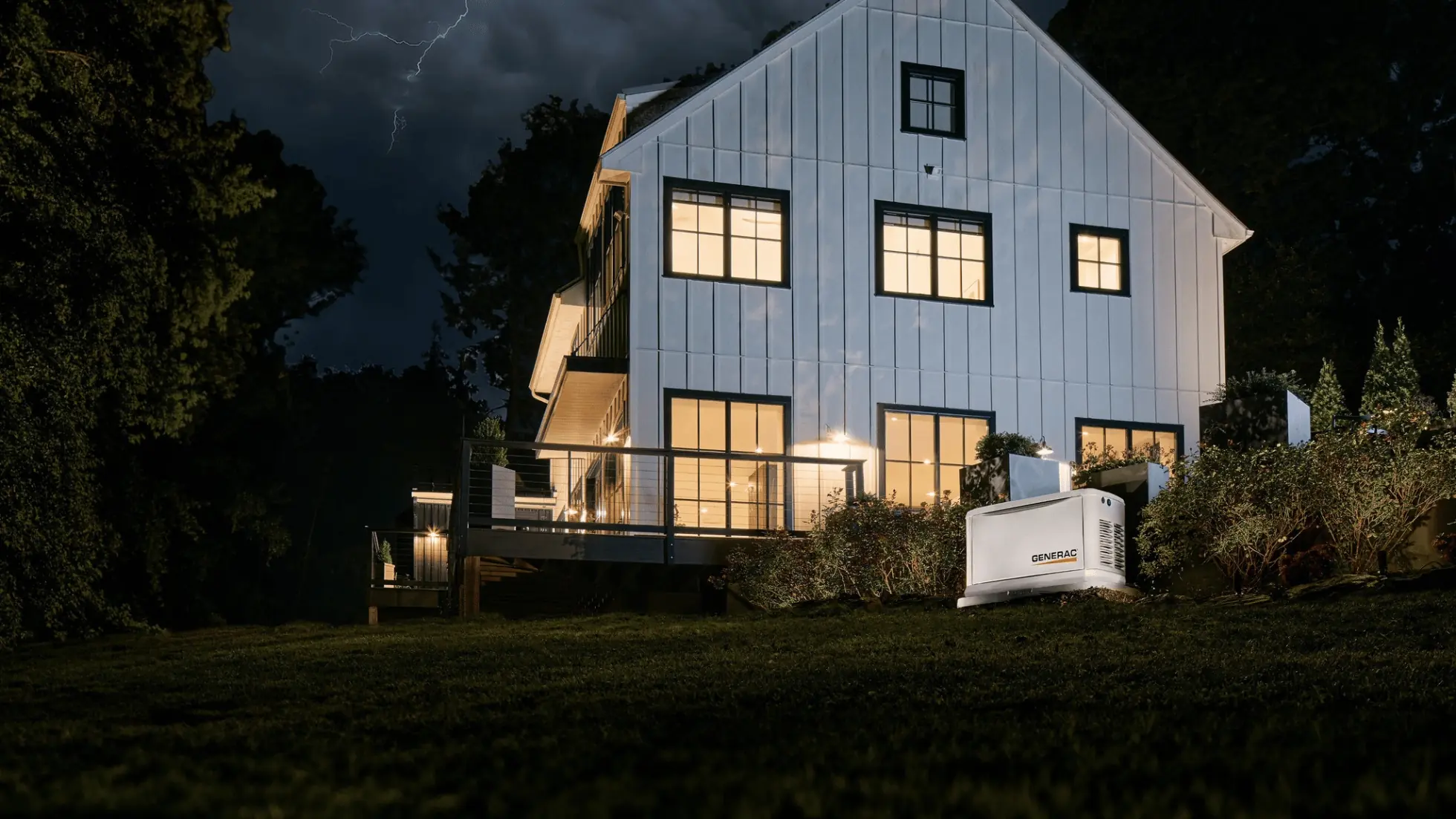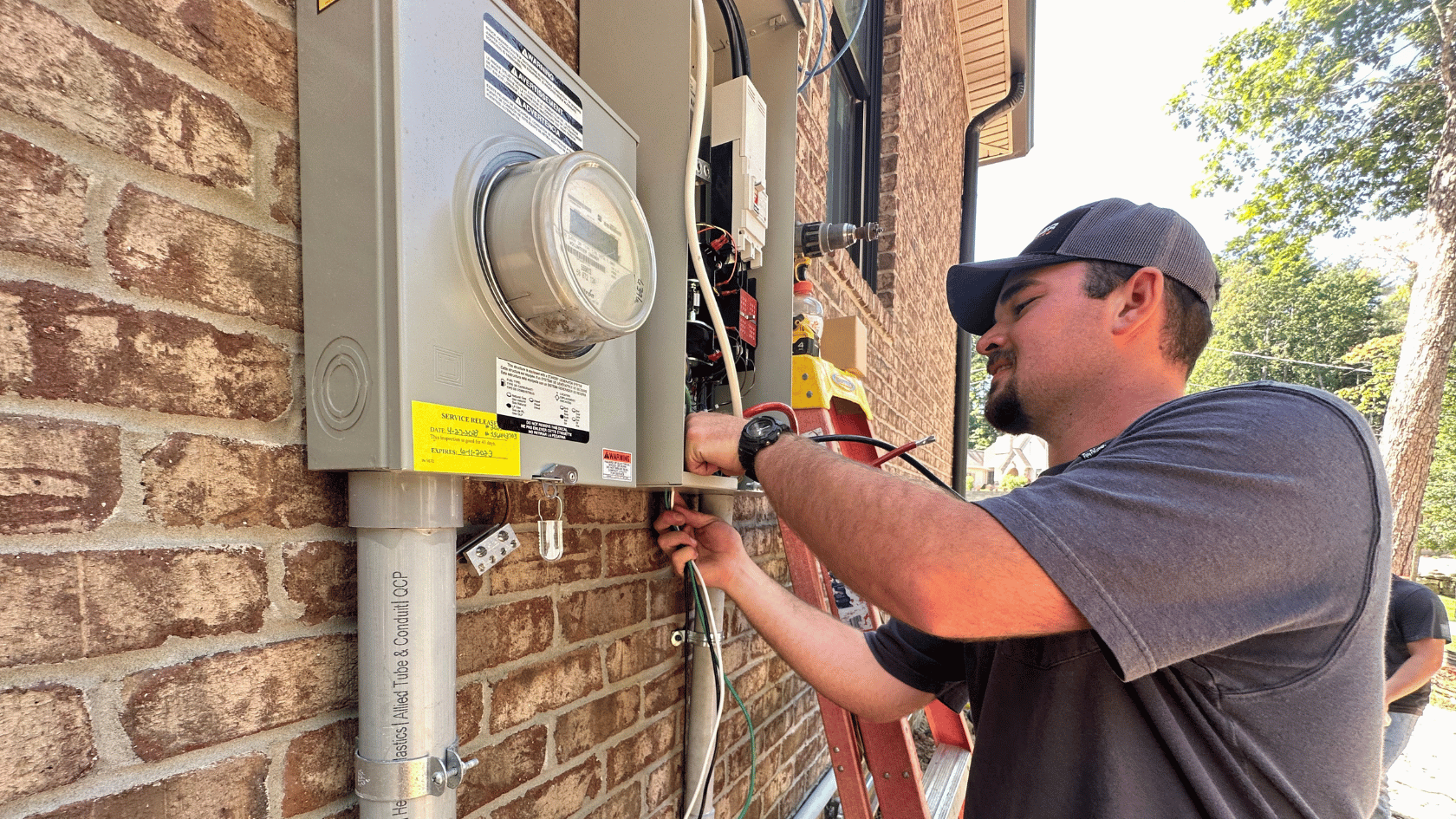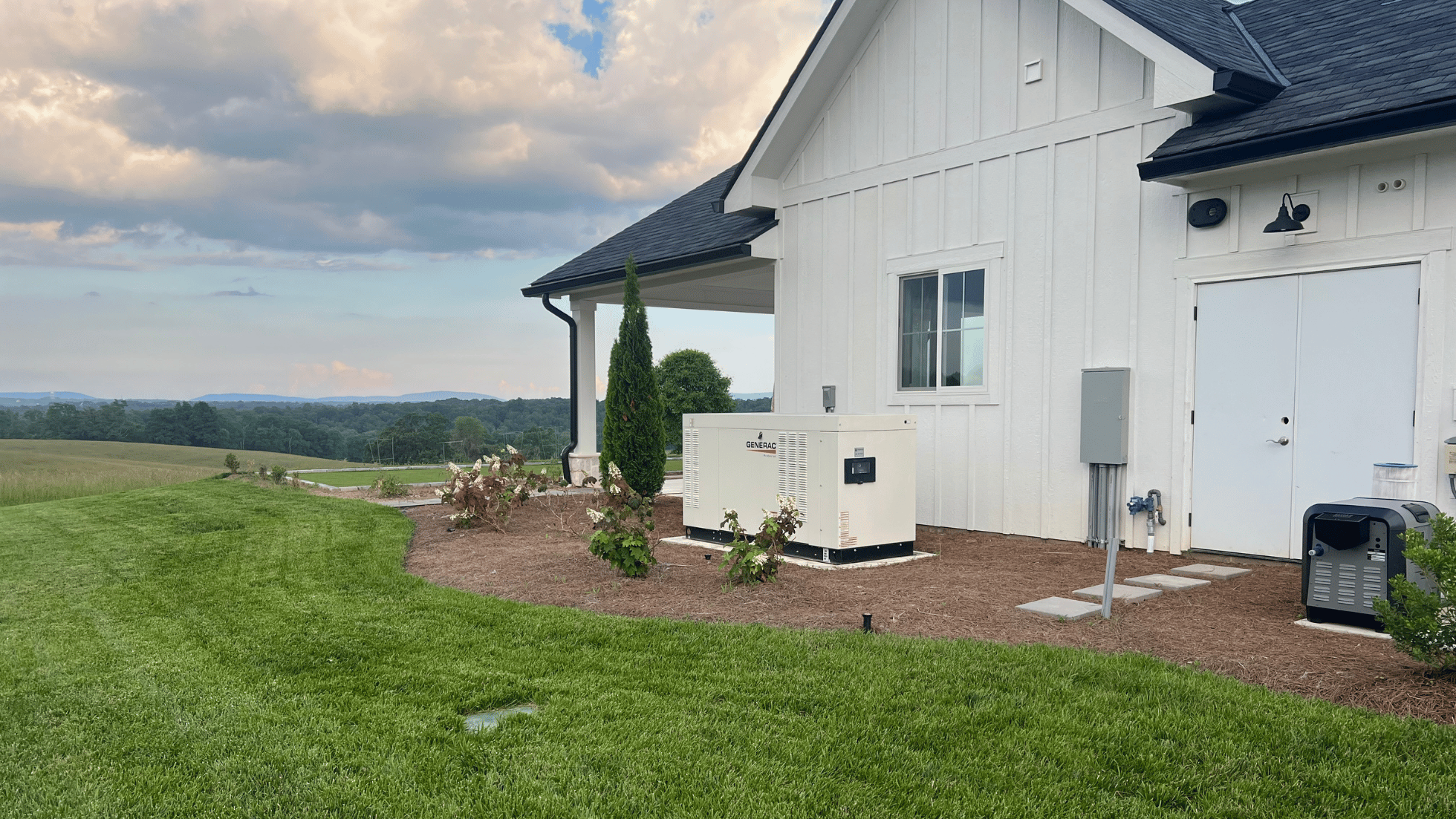Standby Generator Life Expectancy: What to Expect

If you’ve ever found yourself in the dark during a power outage, you know the value of having a standby generator. These machines are like silent superheroes, ready to power up your home when the electricity takes an unscheduled break.
However, like all heroes, they don’t last forever. In this blog, we’ll explore the world of standby generator life expectancy, how long do standby generators last, are standby generators loud, how much they cost, and more. Let’s begin.
How Long Do Standby Generators Last?
Let’s address the elephant in the room – how long do standby generators last? No one wants to invest in a backup power source only to see it retire too soon. Fortunately, standby generators are built to endure the elements and keep chugging.
A standby generator can last anywhere from 10 to 30 years on average. The broad range in life expectancy is influenced by various factors, including usage patterns, maintenance practices, and the specific brand you opt for.
But why such a wide range? Well, think of it like cars. A well-maintained vehicle can last longer; a high-quality brand might offer more durability. Regular maintenance, such as oil changes and inspections, can significantly extend the life of your standby generator.
When choosing a brand, reliability becomes paramount. Established names like Generac have earned their reputation for producing generators with extended life expectancy, providing homeowners with a dependable and enduring power solution.
Investing in a reputable brand and diligent maintenance ensures your standby generator remains a steadfast ally for years.
Are Standby Generators Loud?
Now, let’s tackle another common concern – are standby generators loud? No one wants a generator that sounds like a rock concert in their backyard, especially during a peaceful night’s sleep. Fortunately, standby generators have come a long way regarding noise reduction.
So, how loud are they? Standby generators typically produce around 50 to 70 decibels of noise, about the same as a normal conversation. To put it in perspective, it’s much quieter than a lawnmower or a chainsaw.
This means you can enjoy the comfort of backup power without the headache of excessive noise. But what about those silent nights? If noise is a significant concern, consider looking into generators specifically designed for quiet operation.
Some models come with advanced soundproofing technology, ensuring that your generator won’t disturb the peace of your neighborhood, even in the dead of night.
How Much Do Standby Generators Cost?
Of course, standby generator life expectancy and noise levels are essential considerations, but the price tag often takes center stage. The cost of a standby generator can vary depending on factors like power capacity, brand, and installation requirements.
What’s the average cost? On average, you can expect to invest anywhere from $5,000 to $15,000 for a standby generator. Larger capacity generators or those with advanced features may tip the scale toward the higher end of the range.
Why is it worth the investment? While the upfront cost might seem hefty, consider it an investment in your peace of mind. Imagine the convenience of having power seamlessly restored during an outage without fumbling for flashlights and candles.
Additionally, a standby generator can increase the resale value of your home, making it a wise financial decision in the long run.
How Much Fuel Do Standby Generators Consume?
Another crucial factor to consider is the fuel consumption of standby generators. After all, you don’t want your backup power source to burn through fuel like a gas-guzzling monster.
How efficient are they?
Standby generators are, thankfully, designed with fuel efficiency in mind. On average, they consume approximately 0.2 to 0.5 gallons of fuel per operation hour. This efficiency is a critical feature that saves you money on fuel costs and contributes to a more environmentally friendly operation.
However, you must note that fuel consumption can vary based on several factors. The size of the generator, the load it carries, and the type of fuel it uses all play a role in determining how frugal or fuel-thirsty your standby generator might be.
What types of fuel do they use?
Standby generators typically run on natural gas, propane, or diesel. The choice of fuel can impact your generator’s cost and convenience.
Natural gas is often the most convenient option for homeowners with a gas supply, while propane and diesel may be more suitable for those without access to natural gas lines.
That’s A Wrap
Understanding standby generator life expectancy, noise levels, cost, and fuel consumption is crucial for making an informed decision. As you explore the options available, remember to prioritize regular maintenance to maximize the lifespan of your generator.
Investing in a standby generator is not just about buying equipment; it’s about securing your home’s comfort and safety.
So, whether considering a generator for the first time or contemplating an upgrade, remember these factors to power up your expectations and make the most of your standby generator investment.





